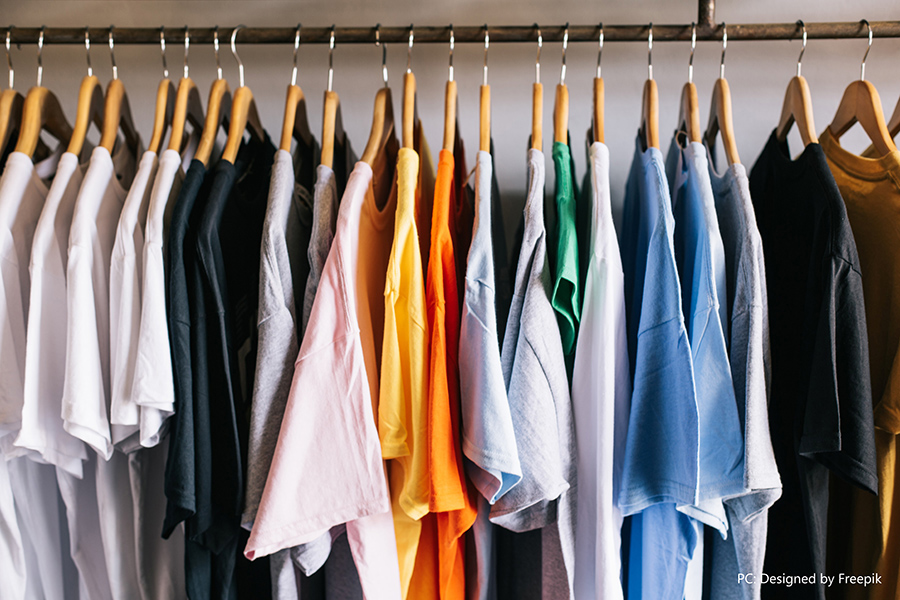
Fashion retail
The fashion industry can build back better with technology to boost COVID-19 recovery, stated data and analytics company GlobalData. Harnessing technology to increase both transparency and sustainability along the global apparel supply chain will be a key part of the sector’s recovery from the impact of the COVID-19 pandemic as it strives to build back better.
“The crisis has strengthened consumer demand for fashion that is produced sustainably, on both an environmental and social level. As industry players outline their recovery plans to become bigger, better – and more responsible – than before. Key to their success will be technology, whether it be investing in new tools to boost supply chain visibility, or in solutions to aid the development and uptake of greener fabrics,” said Beth Wright, apparel correspondent, GlobalData.
Also read: We reset our business to make Splash future-fit
Explaining how the fashion industry can build back better with technology to boost COVID-19 recovery, GlobalData cited the example of the digital arm of industrial thread maker Coats. The company has created a fair wage tool and digital feedback loop to help brands and retailers agree to the fair living wage allowance for any given garment, in any factory, while bringing transparency to conversations regarding time, cost and compliance.
Elsewhere, a new consortium has launched to explore promising technologies in the sphere of cellulosic chemical recycling. Spearheaded by global sustainable fashion innovation platform Fashion for Good, the project aims to create a closed-loop system that converts cotton and cotton-blend textile waste to produce new man-made cellulosic fibres.
Fashion brand GAP Inc has partnered with global non-profit Textile Exchange to develop a Preferred Fiber Toolkit (PFT) to help sourcing and design teams meet their sustainability goals. Set for public release, the PFT utilises quantitative data inputs from the Sustainable Apparel Coalition’s (SAC) Higg Materials Sustainability Index to evaluate raw material choices.
“Brands, retailers and manufacturers alike must heed the calls for a more sustainable and transparent industry and go beyond simply agreeing to build back better by investing both time and money into these innovative new solutions, which can help make these promises a reality. The technology and resources are there for the taking and industry players must grab them with both hands. Now truly is the time to act,” Wright added.
For all the latest retail news from the Middle East, follow us on Twitter and LinkedIn, like us on Facebook and subscribe to our YouTube page.
Notifications